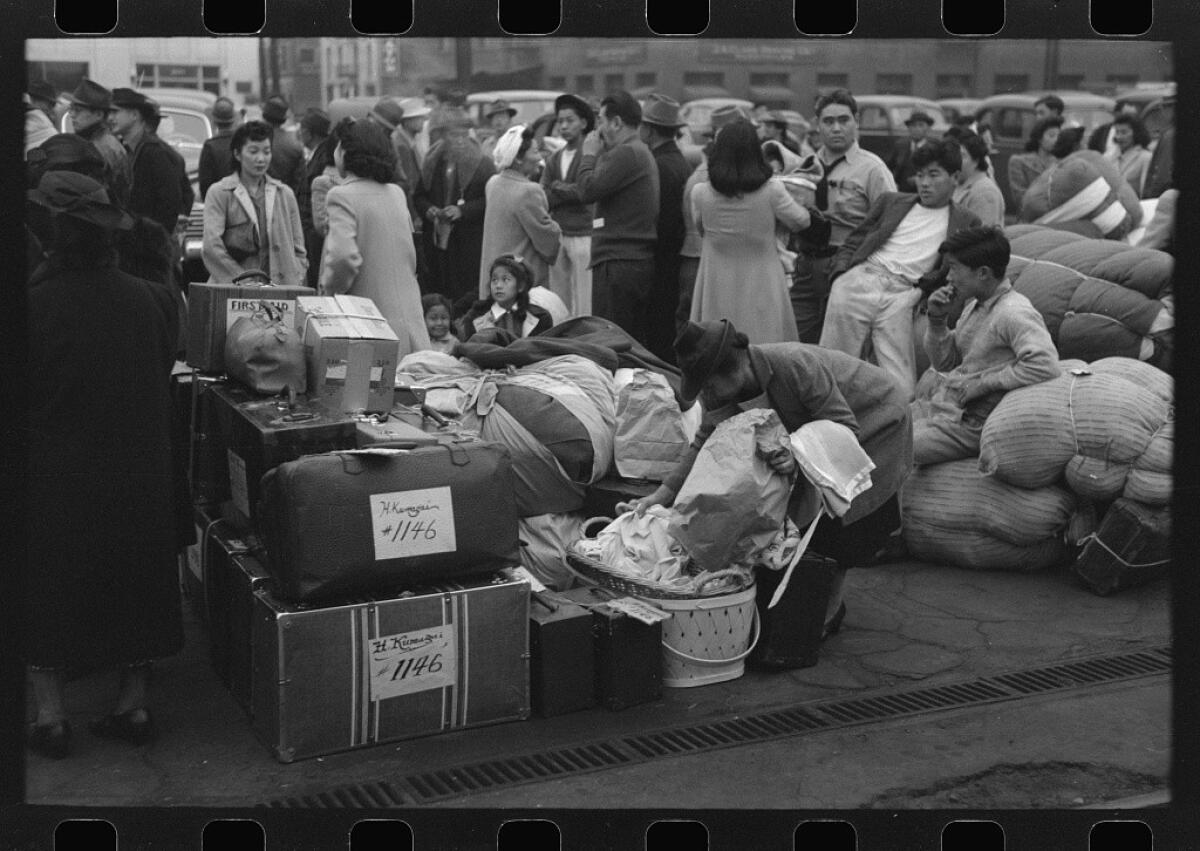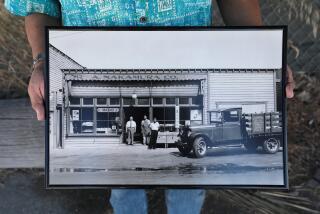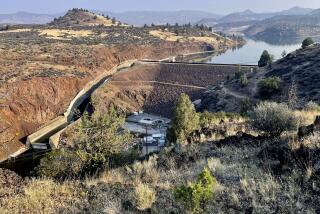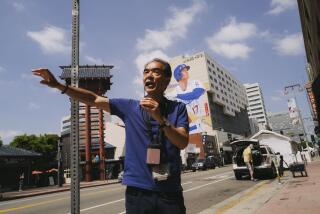Opinion: Internment wasn’t the first time Japanese Americans in California were badly mistreated

To the editor: I got quite emotional reading Teresa Watanabe’s article on the resistance in Monterey to Japanese American internment. (“When California rounded up Japanese Americans for internment camps, Monterey emerged as the center of the resistance,” Sept. 10)
My mother grew up in a house one block above Cannery Row in Monterey. Her father was known as the potato king of Carmel Valley. My father grew up managing his father’s farm in San Luis Obispo. Restricted by the race-based California Alien Land Law from owning the land they worked, the families were tenant farmers.
Both families were displaced twice. The initial exclusion order evicted them from the coast. Executive Order 9066 put the families, then staying with friends on farms near Fresno, on trains to the Arizona desert. My parents met and married in the internment camp called Poston 3 in Arizona. They resided in Denver until they could return to the Monterey Peninsula.
Did my parents see the petition of welcome? They might have heard of it, might even have based their return upon it. They never did tell my brother and me why they returned to California and to Monterey in particular.
My whole life I have admired the writings of John Steinbeck and the scientific work of Ed “Doc” Ricketts, both fiction and nonfiction. Their public support for their fellow community members, of diversity and civil rights, and of my family, only deepens my esteem for them.
Gobind Tanaka, Eagle Rock
..
To the editor: Time has a way of healing wounds and softening the memories of experiences endured during one’s life. The history of the unjustified and discriminatory treatment of Japanese Americans living on the West Coast after the bombing of Pearl Harbor is one that should never be forgotten.
The Go For Broke National Education Center should be praised for its efforts to inform the public of the courageous acts by a minority of white Americans who stood up against the venomous voices and media that played their part in fomenting the racism.
The Monterey Peninsula Herald was not the only newspaper guilty of stirring resentment and fear. Based on the news clippings saved by my mother, a second-generation Japanese American, our own Los Angeles Times participated in the fomenting of hysteria and racism.
Larry Naritomi, Monterey Park
Follow the Opinion section on Twitter @latimesopinion and Facebook
More to Read
A cure for the common opinion
Get thought-provoking perspectives with our weekly newsletter.
You may occasionally receive promotional content from the Los Angeles Times.










